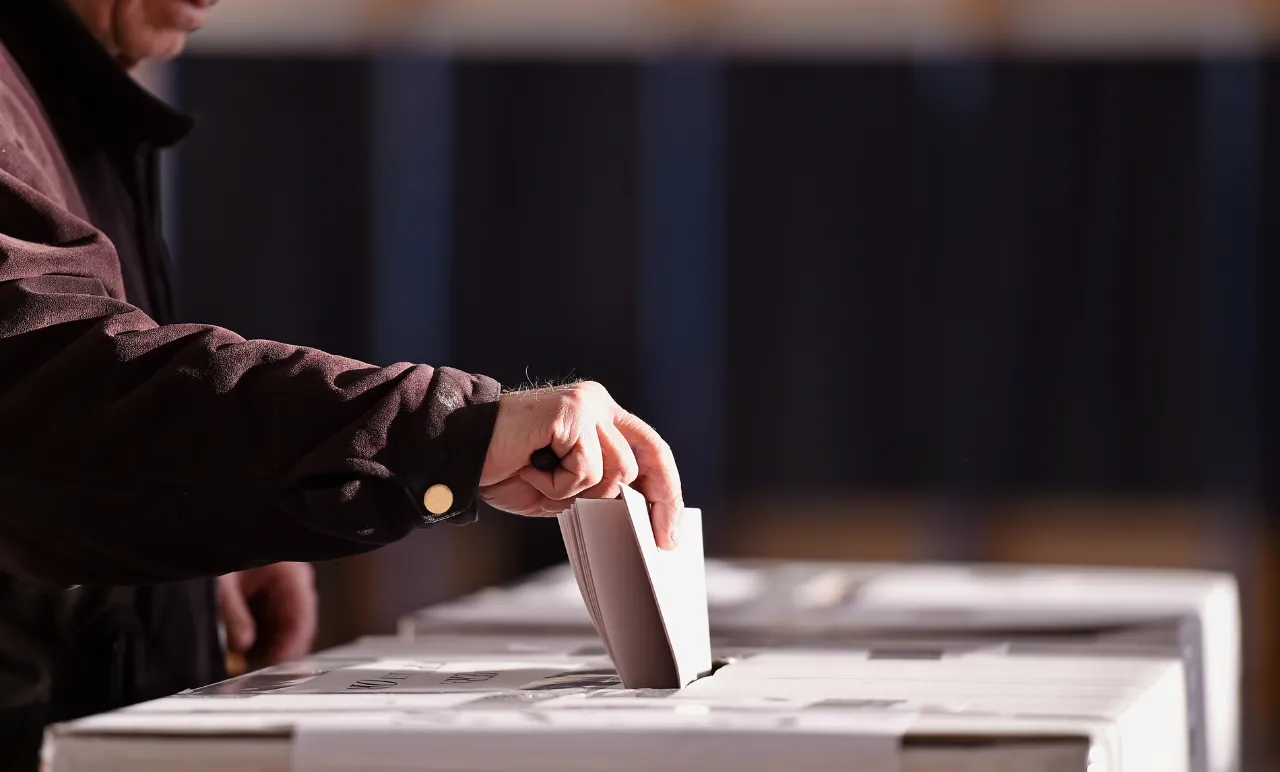
Voter abstention in Portugal: mechanisms, impacts and solutions
Portugal has seen a significant decline in voter turnout over recent decades. But how many people actually do abstain from voting? What makes so many voters decide not to vote and what are the consequences of their not choosing their representatives? Are there differences in the political positions of people who vote and people who abstain from voting? What strategies can be put in place to encourage voter turnout?
The study by João Cancela and José Santana Pereira answers these questions on the basis of a survey of 2405 voters, 6 focus groups with people that abstain from voting or that only vote occasionally and with local, national and European political representatives, offering the most extensive analysis carried out thus far on the phenomenon in Portugal.
This research shows that in parliamentary, presidential and European elections, voter turnout is higher in urban areas, but when it comes to local elections, voter turnout tends to be higher in rural and hybrid areas.
We know that abstaining from voting is neither random nor uniform behaviour. The authors point out which sociodemographic characteristics, such as age, level of schooling and income, attitudes, such as civic duty or an interest in politics, and practical barriers, such as the distance to the polling station, influence the decision not to vote.
The respondents in this research mentioned the following as the main impacts of abstaining from voting: non-accountability of politicians for any bad decisions made, lack of consideration of the interests of all when drawing up public policies and lack of legitimacy of the elected officials.
This research once again picks up a debate that is essential for strengthening democracy and advancing strategies to stimulate voter turnout:
- Encouraging civic duty through campaigns in schools, starting in primary school
- Including active citizenship content in programmes for newly naturalised citizens
- Extending early voting on the move
- Carrying out a pilot test on lowering the voting age to 16
- Resuming the debate on introducing a national compensation constituency








